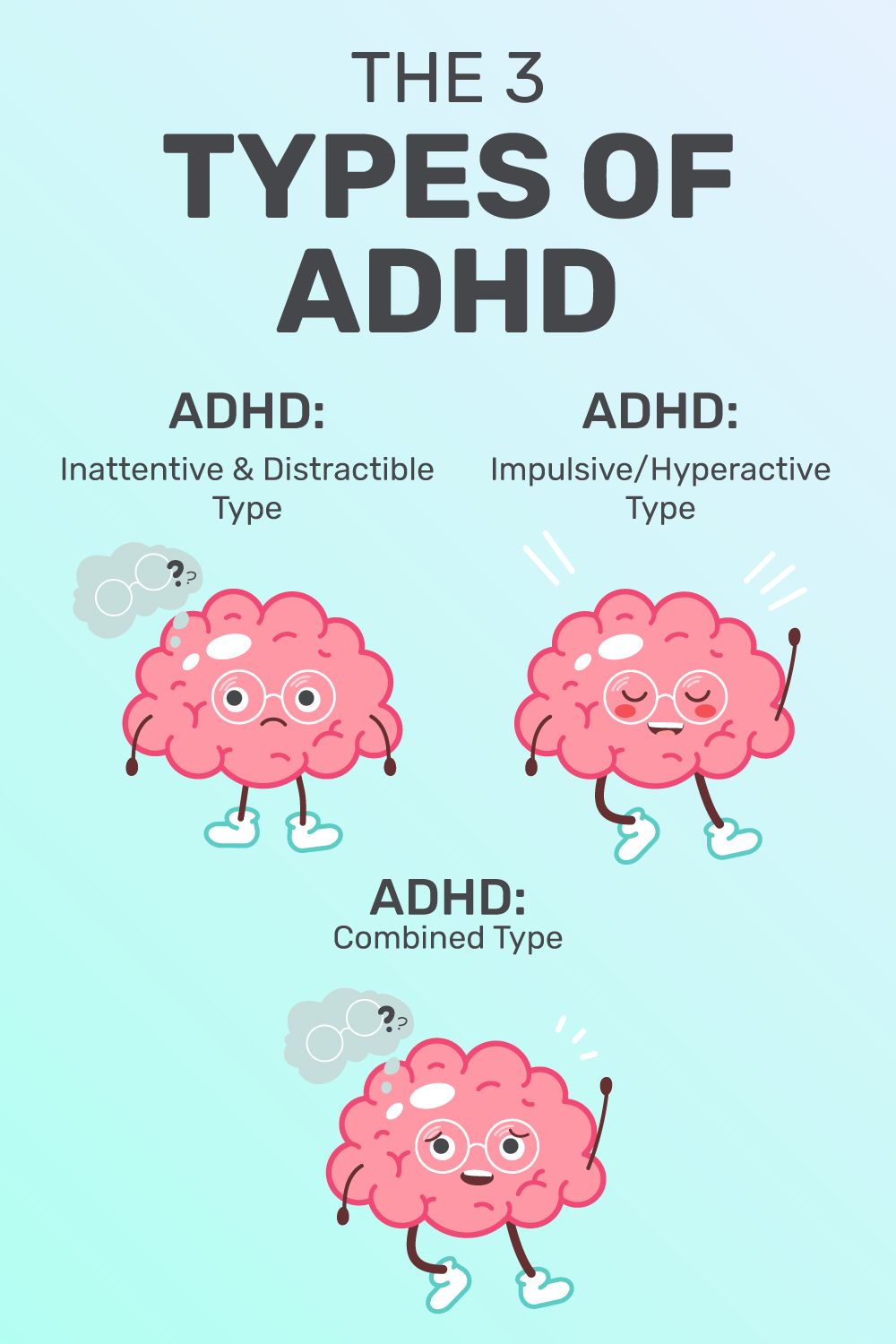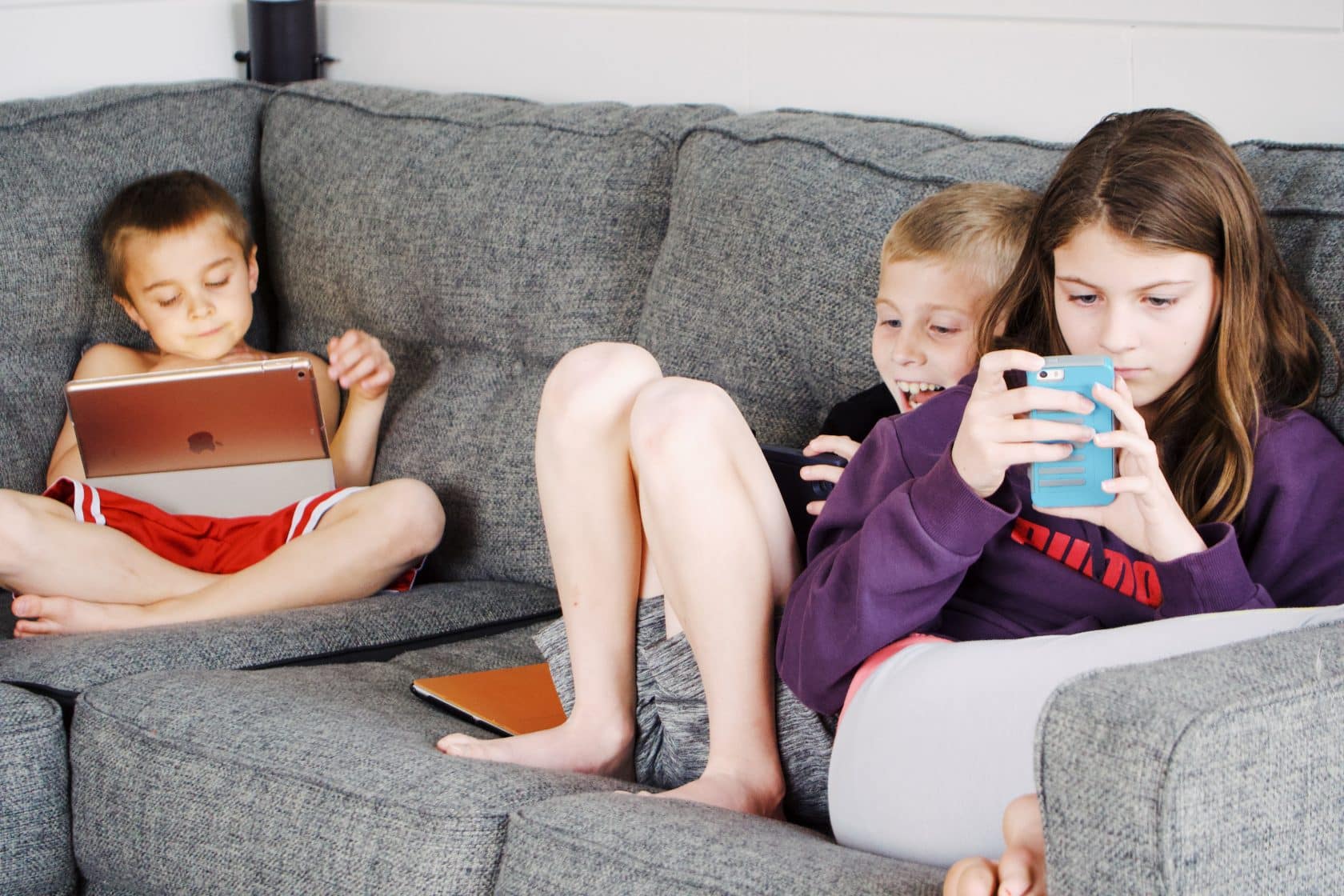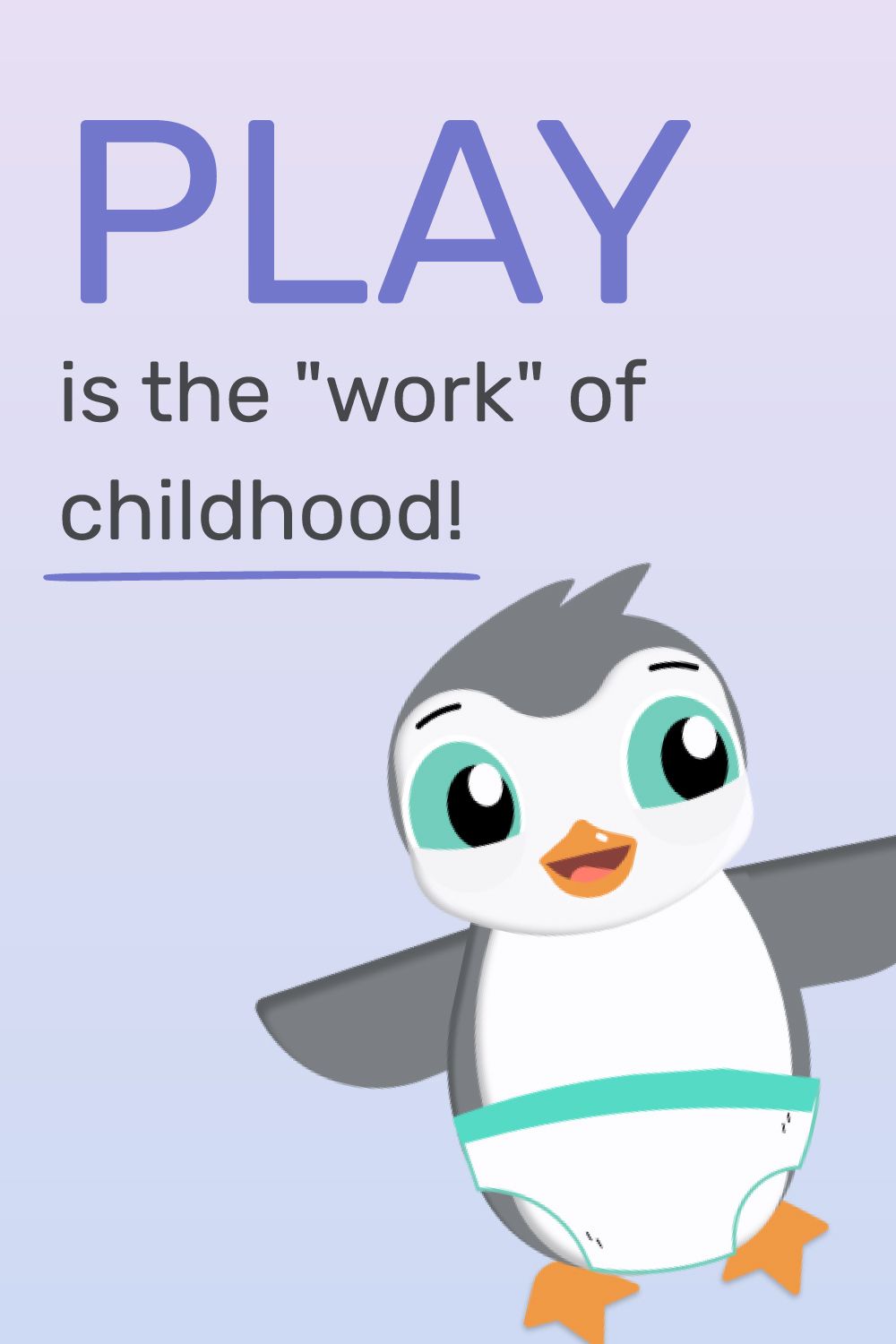Look at Charlie’s routine to see screen time and child development in real life. Charlie is a bright 2-year-old who loves his kiddie apps and cartoons. But screen time impacts Charlie’s development.
- Pre-breakfast: Charlie wakes up and immediately requests his tablet to watch his favorite show.
- Afternoon: He spends more time playing on his toddler-friendly app. Speech development comes second to screen time. He’s speaking less and paying more attention to his device.
- Evening: Instead of playtime with toys, Charlie is glued to his screen again before bedtime. His fine motor skills may suffer because he needs more hands-on play.
| Activity |
Developmental Impact |
| Watching cartoons |
Potential delay in communication skills |
| Using toddler-friendly app |
Possible hindrance to social interaction |
| Skipped playtime |
Fine motor skill development may suffer |
So you see, parents, it’s a daily dance of balancing digital edutainment with real-world play for our kids!















